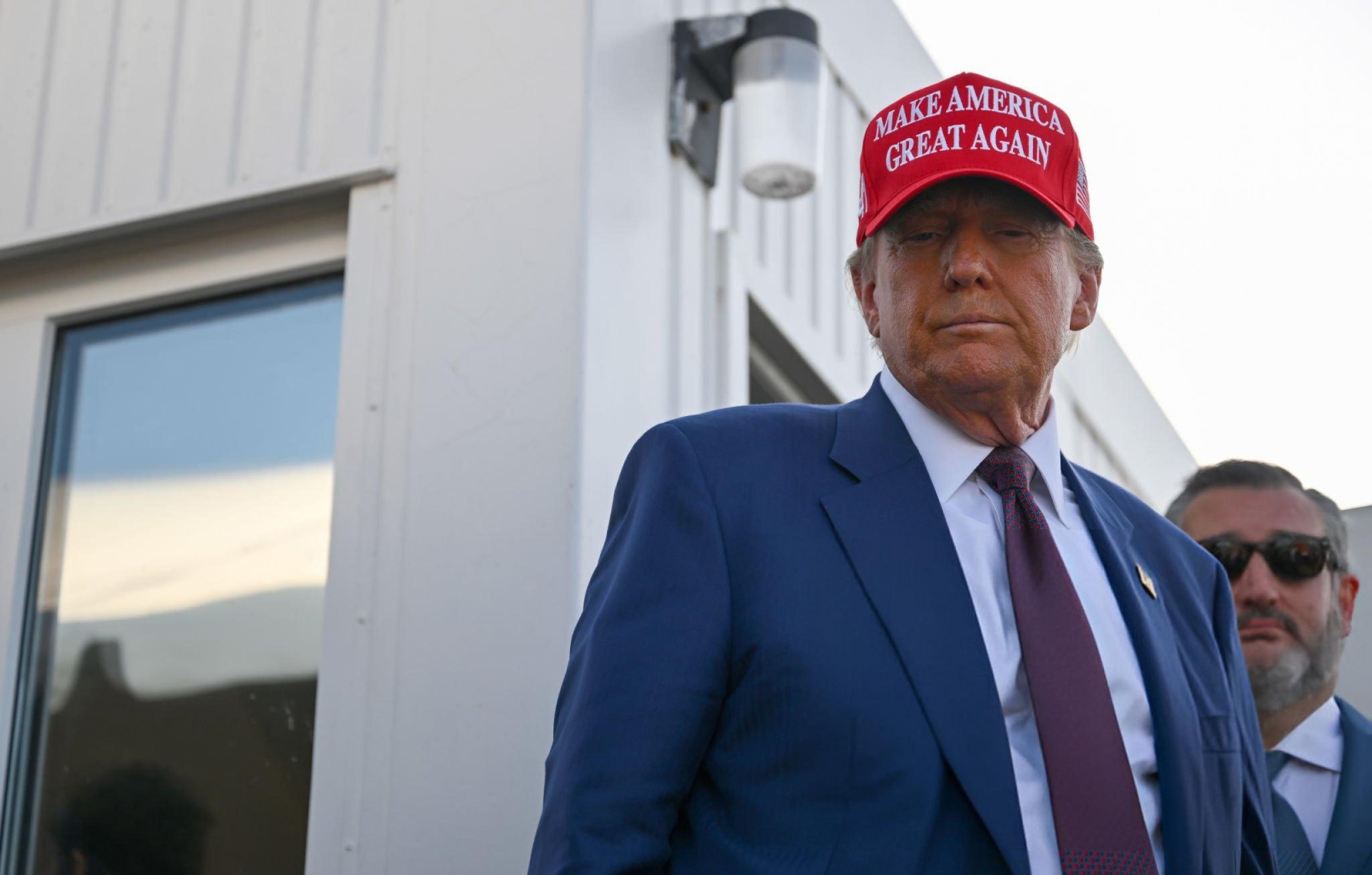President-elect Donald Trump has reaffirmed his intention to prevent the acquisition of US Steel by Japanese steelmaker Nippon Steel Corp. Trump declared his commitment to use tax incentives and tariffs to revitalise the iconic American steel manufacturer, signalling a firm stance on protecting domestic industry.
In a post on his Truth Social platform on Monday, Trump reiterated his opposition to the deal, first voiced during his campaign:
“I am totally against the once great and powerful US Steel being bought by a foreign company. I will use tax incentives and tariffs to make US Steel Strong and Great Again, and it will happen FAST! As President, I will block this deal from happening. Buyer Beware!!!”
Bipartisan opposition to the deal
Trump is not alone in opposing the proposed merger. President Joe Biden has also expressed concerns over Nippon Steel’s potential acquisition of US Steel, citing national security and economic implications.
In September, Biden’s White House confirmed that the Committee on Foreign Investment in the United States (CFIUS) was reviewing the deal. CFIUS, chaired by the Treasury Secretary and composed of other Cabinet members, has the authority to recommend that the president block such transactions. Federal law ultimately grants the president the power to act on these recommendations.
Ahead of the November election, the deal took on significant political importance in Pennsylvania, a crucial swing state that Trump won. Biden, aligning with the United Steelworkers (USW) union, publicly opposed the merger. In a March statement, Biden remarked:
“US Steel has been an iconic American steel company for more than a century. It is vital for it to remain an American steel company that is domestically owned and operated.”
Nippon steel’s argument and commitments
Nippon Steel has maintained that it is uniquely positioned to revitalise US Steel’s facilities and bolster the domestic steel industry. Both Nippon Steel and US Steel issued statements on Tuesday defending the acquisition.
US Steel’s statement read:
“This transaction should be approved on its merits. The benefits are overwhelmingly clear. Our communities, customers, investors, and employees strongly support this transaction, and we will continue to advocate for them and adherence to the rule of law.”
The $14.9 billion deal, approved by US Steel’s shareholders, includes Nippon Steel’s pledge to invest at least $1.4 billion in USW-represented facilities, refrain from layoffs or plant closures during the current labour agreement, and protect US Steel’s interests in trade disputes. Additionally, Nippon Steel has committed not to import steel slabs that could compete with US Steel’s operations.
Concerns and divided opinions
The United Steelworkers union, however, has opposed the deal, warning of its potential long-term effects on national security and the domestic economy. In a statement, the union said:
“It’s clear that President Trump understands the vital role a strong domestic steel industry plays in our national security, as well as the importance of the jobs and communities the industry supports.”
Some workers, however, have expressed support for the merger, believing Nippon Steel’s financial stability could benefit US Steel in the long run. Jack Maskil, Vice President of the Steelworkers’ local branch in West Mifflin, Pennsylvania, stated:
“US Steel provided a very, very good life for our families for a lot of years. With the Nippon deal, a lot more families for futures to come will be able to share the same.”
Political and economic ramifications
The deal has faced bipartisan opposition in the Senate, including from incoming Republican Vice President J.D. Vance of Ohio. Critics argue the federal government’s resistance to the deal may have political motivations.
Meanwhile, Nippon Steel continues its campaign to win support, with Vice Chairman Takahiro Mori recently meeting with lawmakers, local officials, and workers in Pittsburgh and Washington. The company has emphasised its commitments to investing in US Steel’s facilities and avoiding measures that could harm its operations.
Trump’s vision for American steel
Trump’s opposition to the deal aligns with his broader agenda of economic nationalism, focusing on bolstering American manufacturing. His vow to block the acquisition reflects his administration’s protectionist approach, which includes leveraging tariffs and tax incentives to reinvigorate domestic industries.
As the debate over the merger continues, its outcome will likely have far-reaching implications for the future of US Steel, the American steel industry, and the broader US economy.







